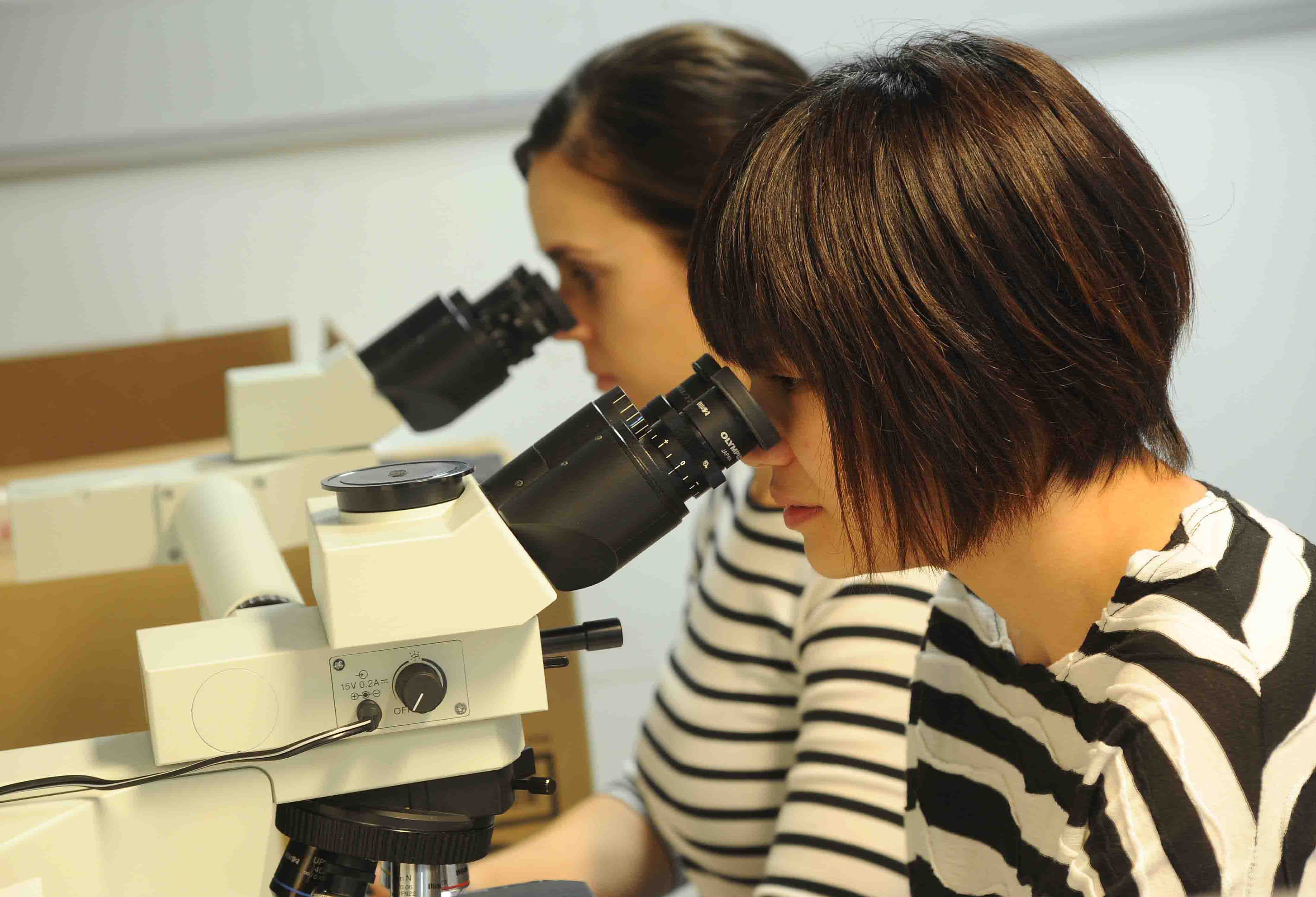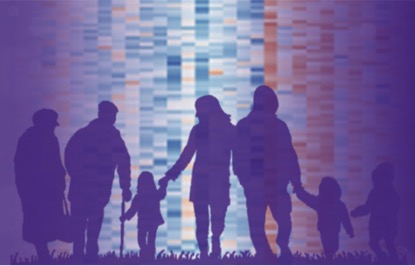.
.
.
.
Earlier this year we published a landmark research paper about finding unexpected important research information inside a persons inherited genetic material. When patients agreed to participate in our research study to understand the causes of pancreatic cancer, and the best ways to treat them, they might not have thought too much about what the research might mean for their relatives. It was probably understood that our scientists would decode the instructions of the cells inside our tumour- your genome- to catalogue the genetics changes (mutations) important in tumour development. Part of this investigation involves studying your normal cells, from DNA we obtain though a blood sample. This DNA is inherited material, you got it from your parents and you’ve passed it on to your children.
There are sometimes mistakes in our inherited material that put us at risk for many diseases, including cancer. A particular genetic change will affect the wrong gene in the wrong cell and that will push that cell along a path to cancer. Pancreatic cancer can be thought about like your normal genetic code corrupted, tipping over into malignancy.
All cancer is caused by genetic change; some of that genetic change is inherited, but most genetic damage that causes change occurs in cells as we go through life.
Our research has been instrumental in the immense and extraordinarily rapid increase of our knowledge of what genes are and how they work in pancreatic cancer. We even pioneered even Australia’s first personalised medicine clinical trial . This research to date however, has been overwhelmingly focused on treating cancer after it occurs rather than preventing it. Prevention does spare our loved ones the trauma of cancer and its treatment, and proposes the ultimate goal: not getting cancer in the first place.
Sharing the benefits of research with the broad community has always been ingrained into our work and is our responsibility as researchers. All of our genetic data sets are available to the research community through the ICGC Data Portal. But we also now recognise the importance of sharing individual information. Especially when that information might put you and your family members at risk of other cancers.
In our study, we found 20 patients had a genetic predisposition that was deemed to pose a risk to both the individual, and their direct family members. We managed to communicate this information through clinical teams or directly to the participants, in 11 patients. 63% of these patients took this information and got further testing in family members, or the information affected their current treatment. These individuals now are equipped to work towards preventing cancer developing in their families in the future.
Without some kind of indicator (such as cholesterol levels as an indicator for heart attack or stroke), nobody would know if they were at increased risk or if they would ultimately develop cancer.
As a result, there is no way to know who to specifically study or when to intervene for prevention. Our work has shown that there may be ways to address this.

We know patients want individual information to be shared with them
In fact in our study 97.8% of patients who signed up asked us to contact them (or a family member or friend), if we found anything that might be important to them or their family. These statistics are echoed in reports from other research studies around the world. So why is this not standard practice?
For decades scientists and ethicists have debated the merits and risks of returning and withholding research results from research participants, those questions have become more acute for genetic data in particular as the cost of DNA sequencing continues to nosedive. But the numbers of researchers who have to taken it upon themselves to return participant data is still low. There are no hard guidelines or checklist that tells you how to do this. Every patient and family situation is different. And for studies like ours that are international, the problem is even more complicated as many countries, laws and polices may need to be considered. In addition, this information was not a trivial exercise. It took the expertise of many scientists and clinicians to undertake this, many of these donated their time for free. These are probably the very doctors who looked after you or your family members on your pancreatic cancer journey.
There is much more work to be done in this area, for example important studies to examine the potential psychosocial and behavioural consequences of receiving this information is key.
It is also exciting to think about how we might in the future be able to slow or stop a cell that is genetically predisposed to cancer from actually progressing to cancer.
So tell us. What would you do with important research information? What would you do if you learned you’d inherited a faulty gene which was only discovered incidentally by a research study?
You can read more about this study on the Garvan Institutes news release.

